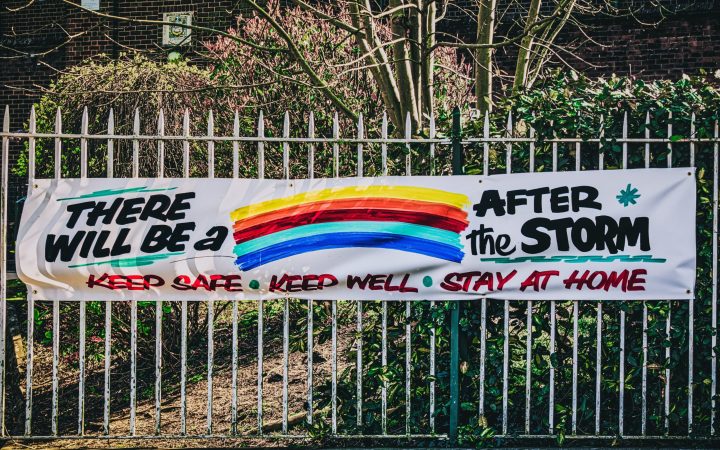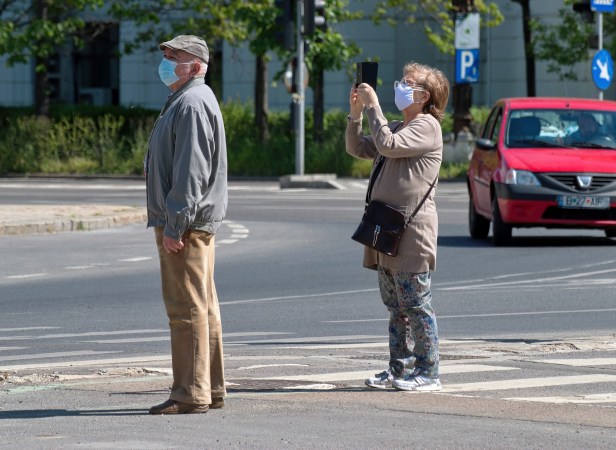

The news of Colin Powell’s death due to complications from COVID-19 came as a shock to many Americans today. Powell, the first Black secretary of state, who was 84, had been fully vaccinated against the coronavirus, prompting widespread confusion, including one now-deleted tweet from Fox News anchor John Roberts, about the efficacy of the vaccine.
Before the vaccine takes unnecessary heat, it’s important to remember the significant roles that underlying conditions play in the severity of a case of COVID-19 case. Not only was Powell in an older age group, and therefore higher risk, but he had also been battling a serious type of cancer called multiple myeloma at the time of his death.
“Please don’t let the death of an American icon become fodder for anti-vax forces that are putting untold millions in danger,” tweeted Ian Sams of the U.S. Department of Health & Human Services communication team. “Vaccines work. They prevent bad outcomes. They (like all vaccines) are not 100 percent, especially among older people with underlying/complicating health issues.”
[Related: If you’re unsure about getting the COVID-19 vaccine, read this.]
As with all medical interventions, vaccines aren’t perfect. Especially as more variants start circling around the globe, breakthrough cases of COVID-19 are to be expected, according to the CDC. But in the off chance that you catch COVID after vaccination, in most cases your symptoms will be milder and recovery will be quicker.
As of October 12, 2021, more than 187 million people have been vaccinated. The number of deaths from COVID in vaccinated people sits around 7,000, meaning there’s about a 0.004 percent chance of death by COVID if you’ve been vaccinated. And even within that tiny percent, 85 percent of them are in the older than 65 age range. According to a recent CDC report, vaccinated people were, on average, five times less likely to get infected with COVID-19 and if they did get infected, vaccinated folks were 10 times less likely to be hospitalized or die from the novel virus compared to people who were not vaccinated.
“Individuals who are older, with chronic medical conditions (especially immunocompromised) are at much greater risk for adverse outcomes,” Leana Wen, former Baltimore health commissioner and professor of emergency medicine at George Washington University, told Yahoo News. “We should also be clear that the vaccines are very protective, but virtually nothing in medicine is 100%. That doesn’t mean vaccines don’t work, but rather that we have to put the benefit of vaccination into perspective.”
If you are still unvaccinated and have lingering questions, we have answers to many common queries, here.






















